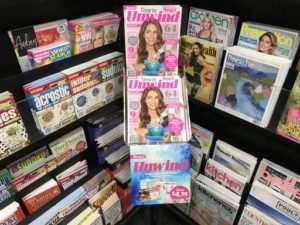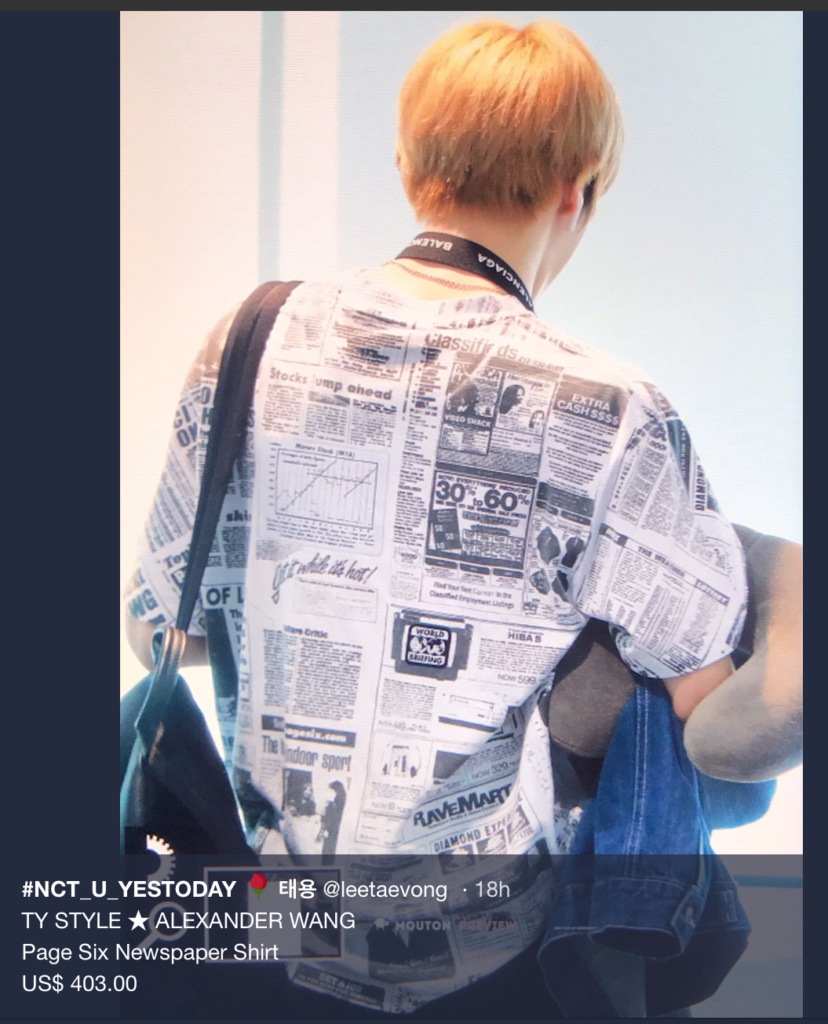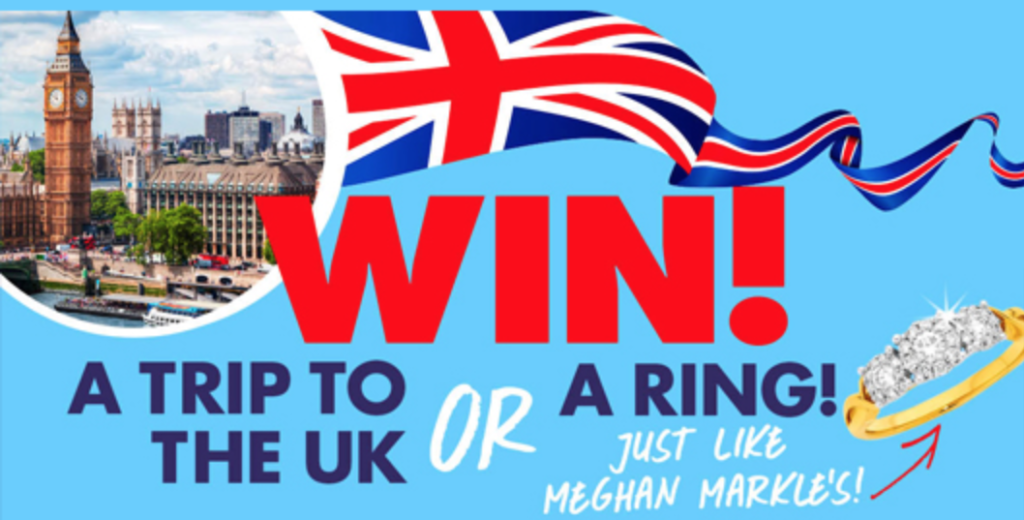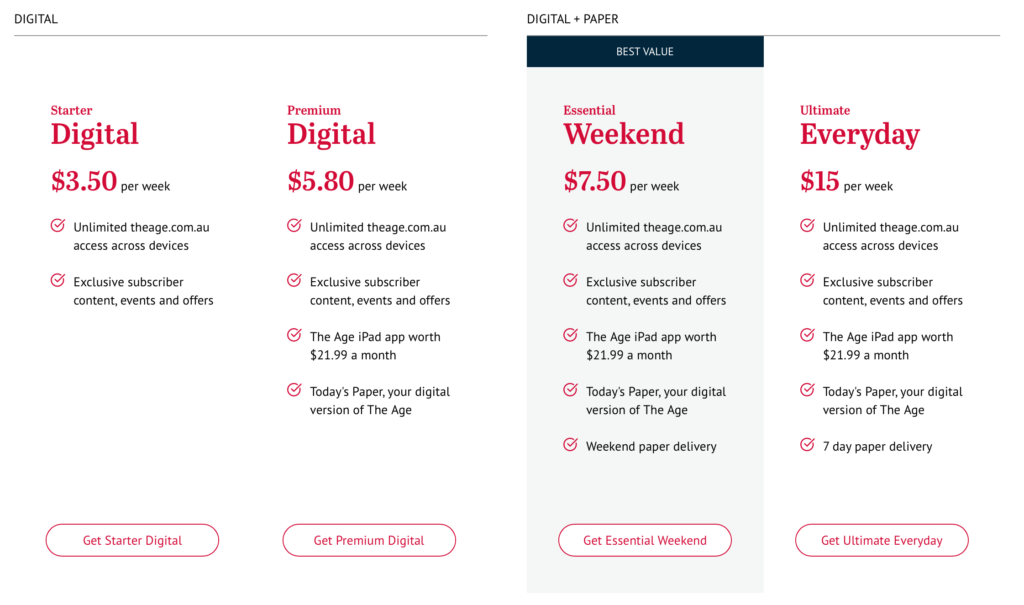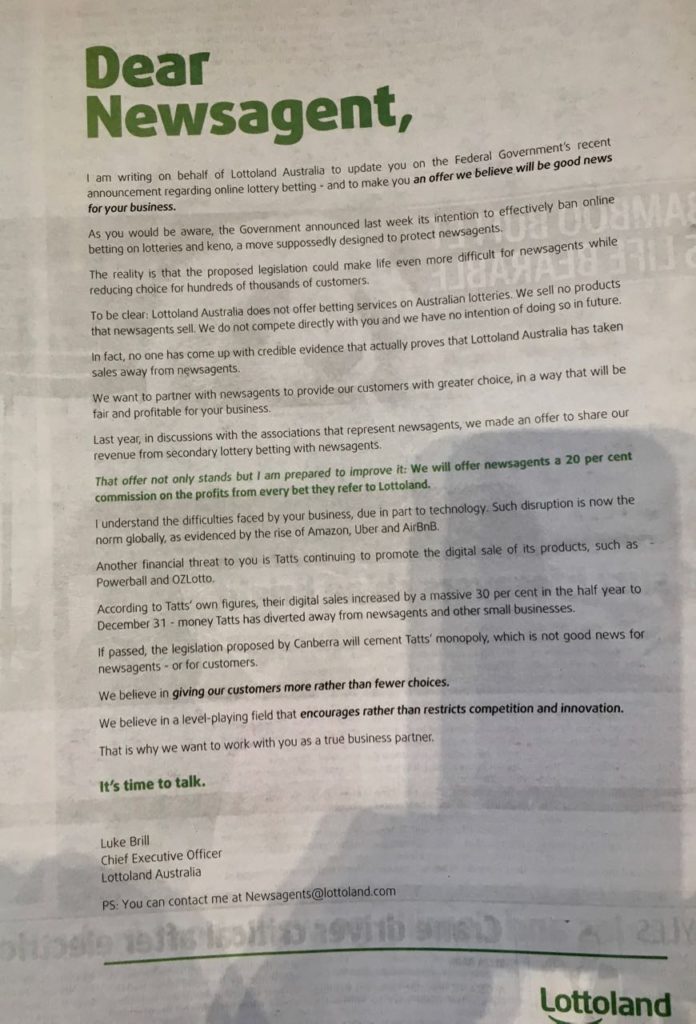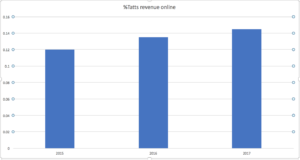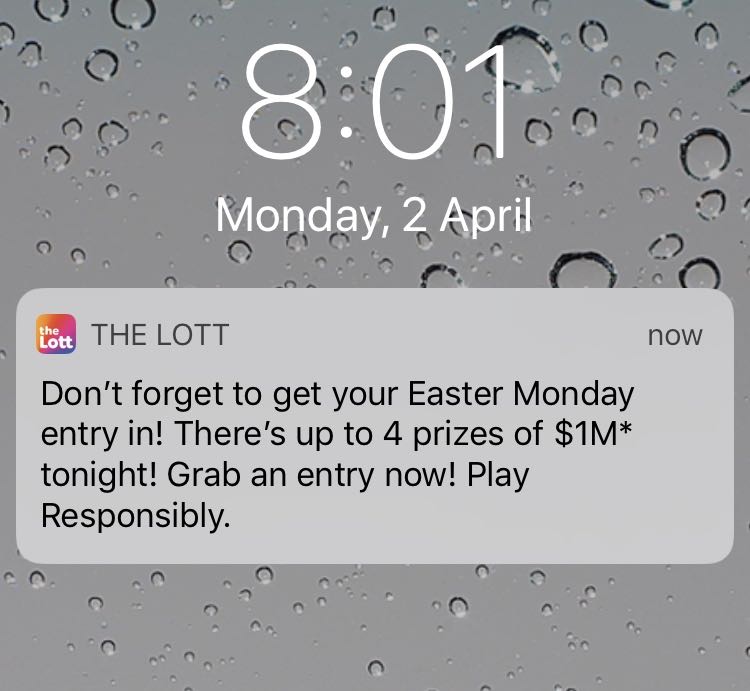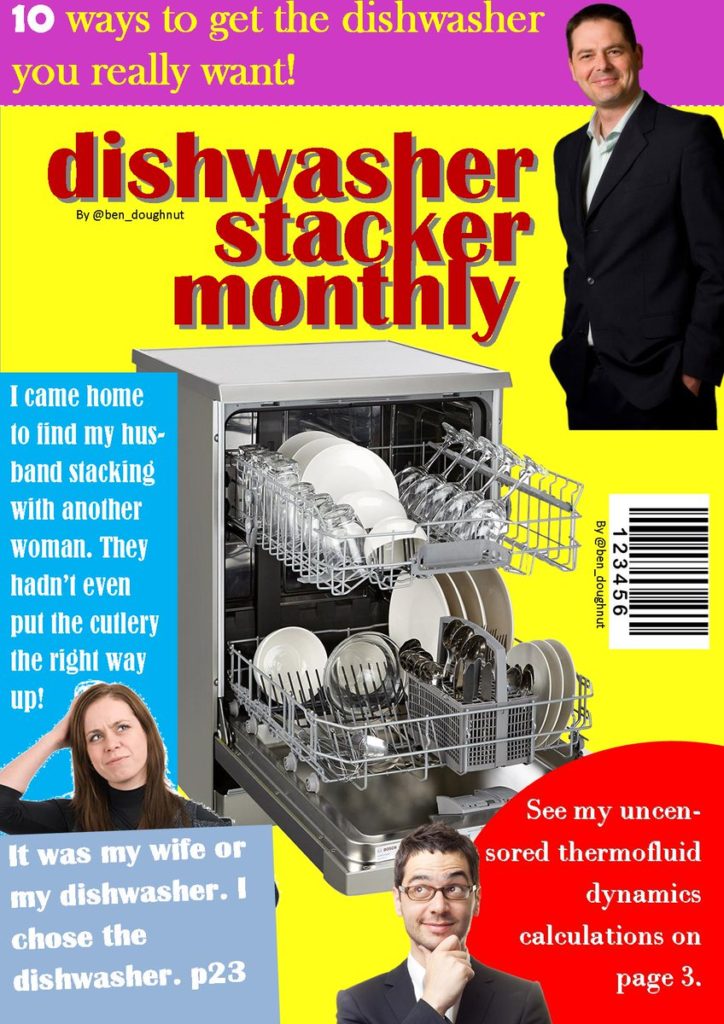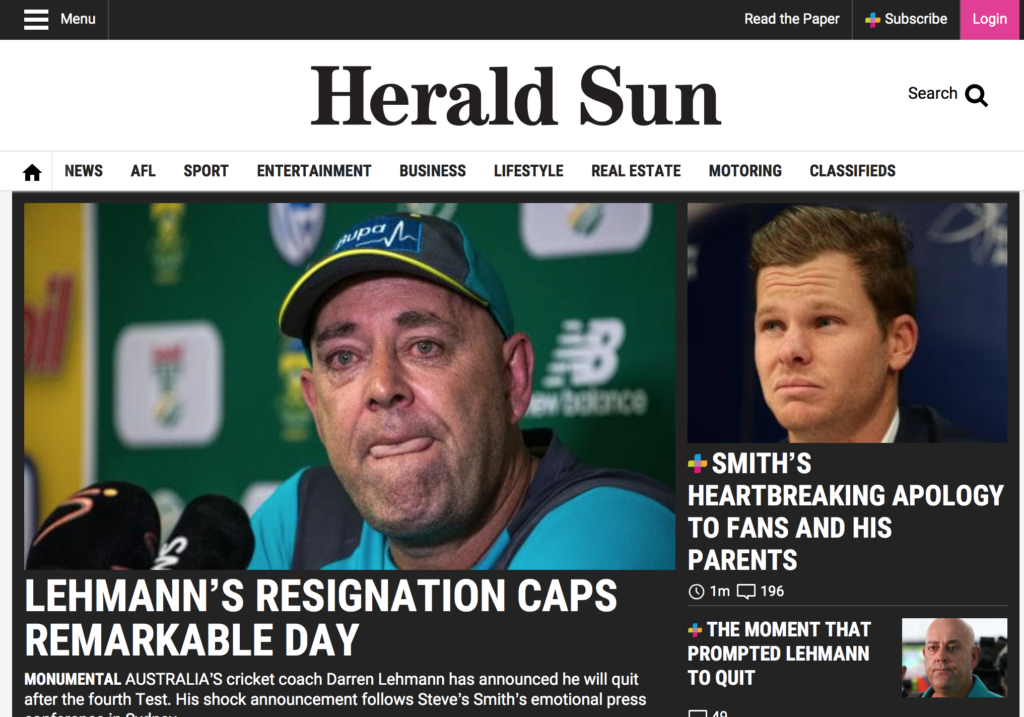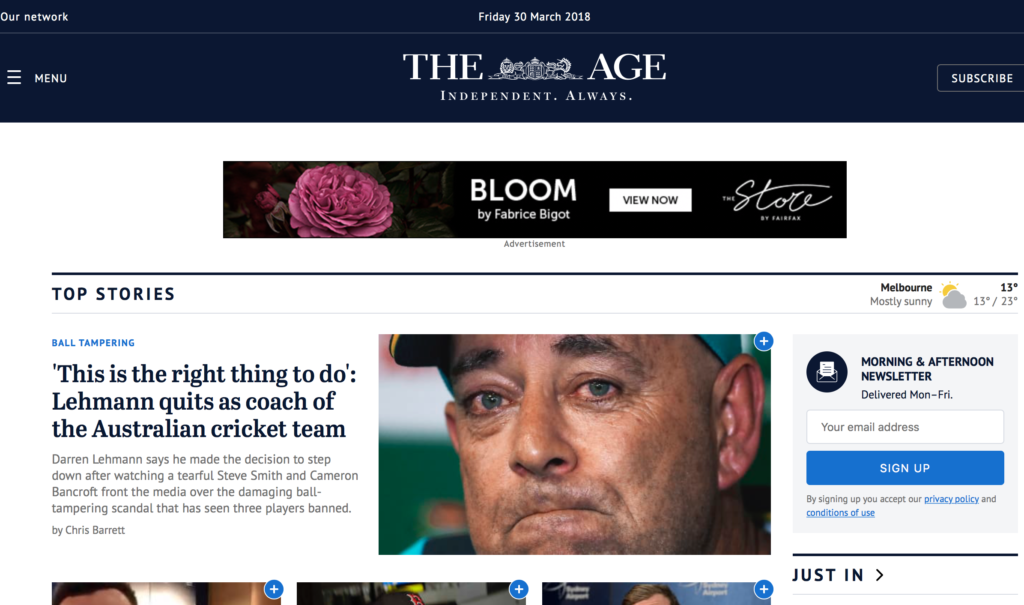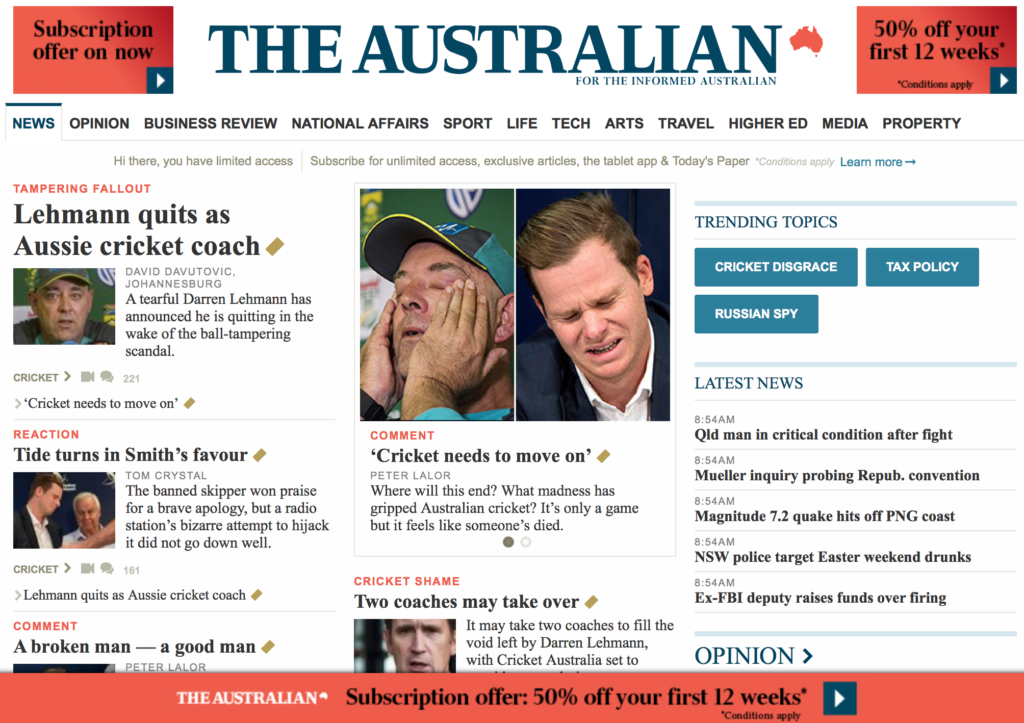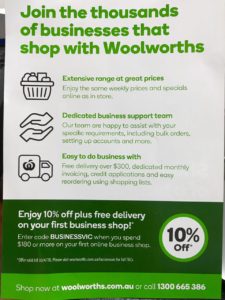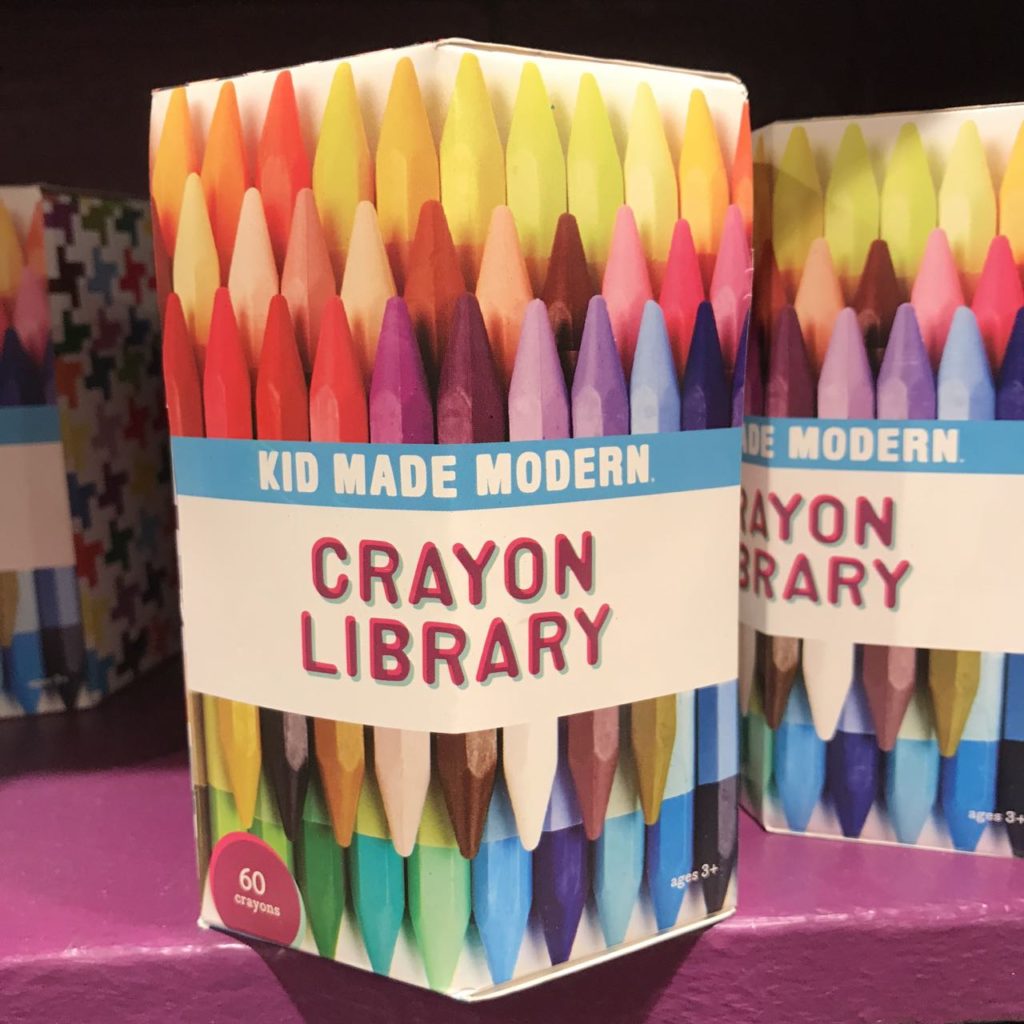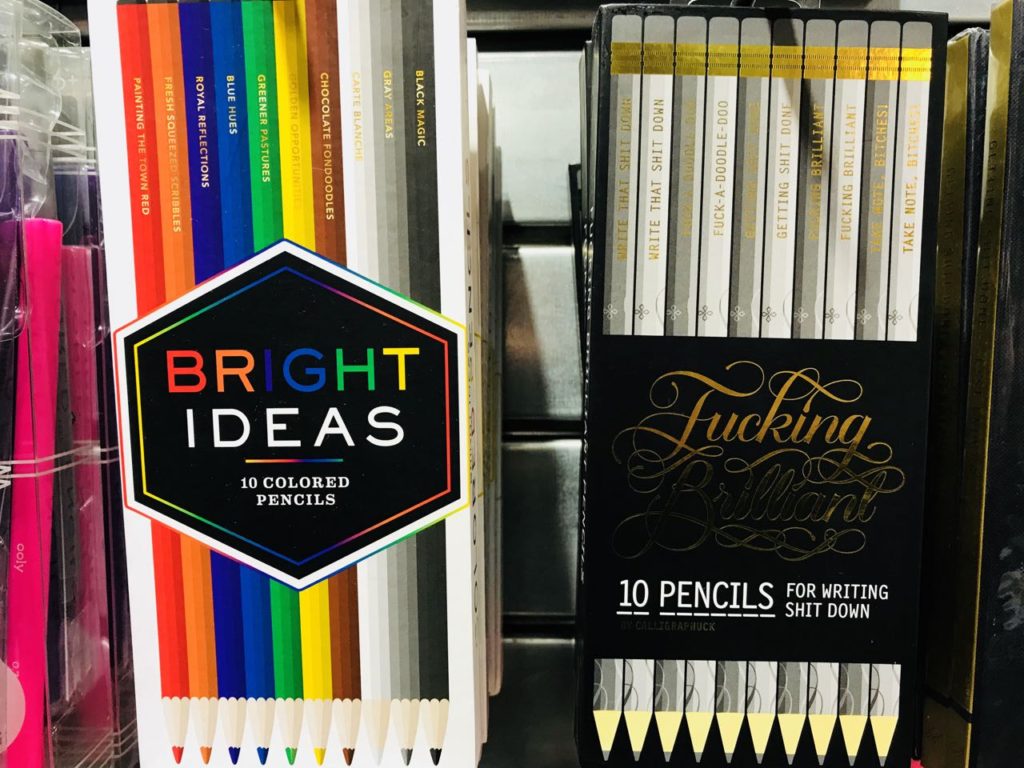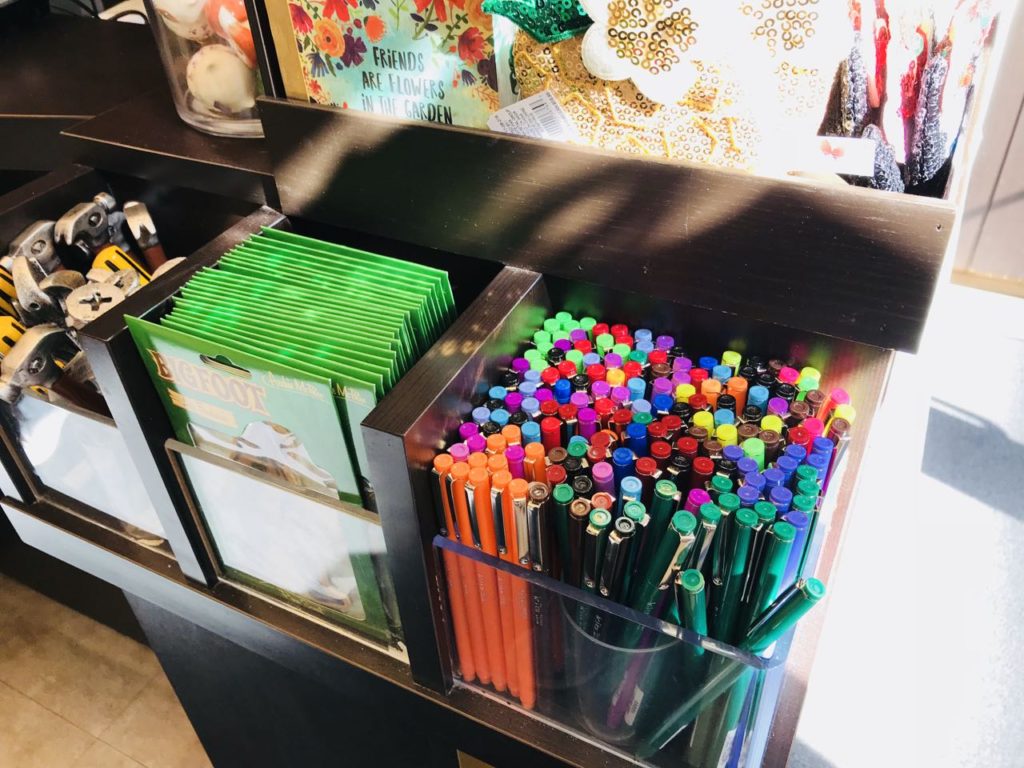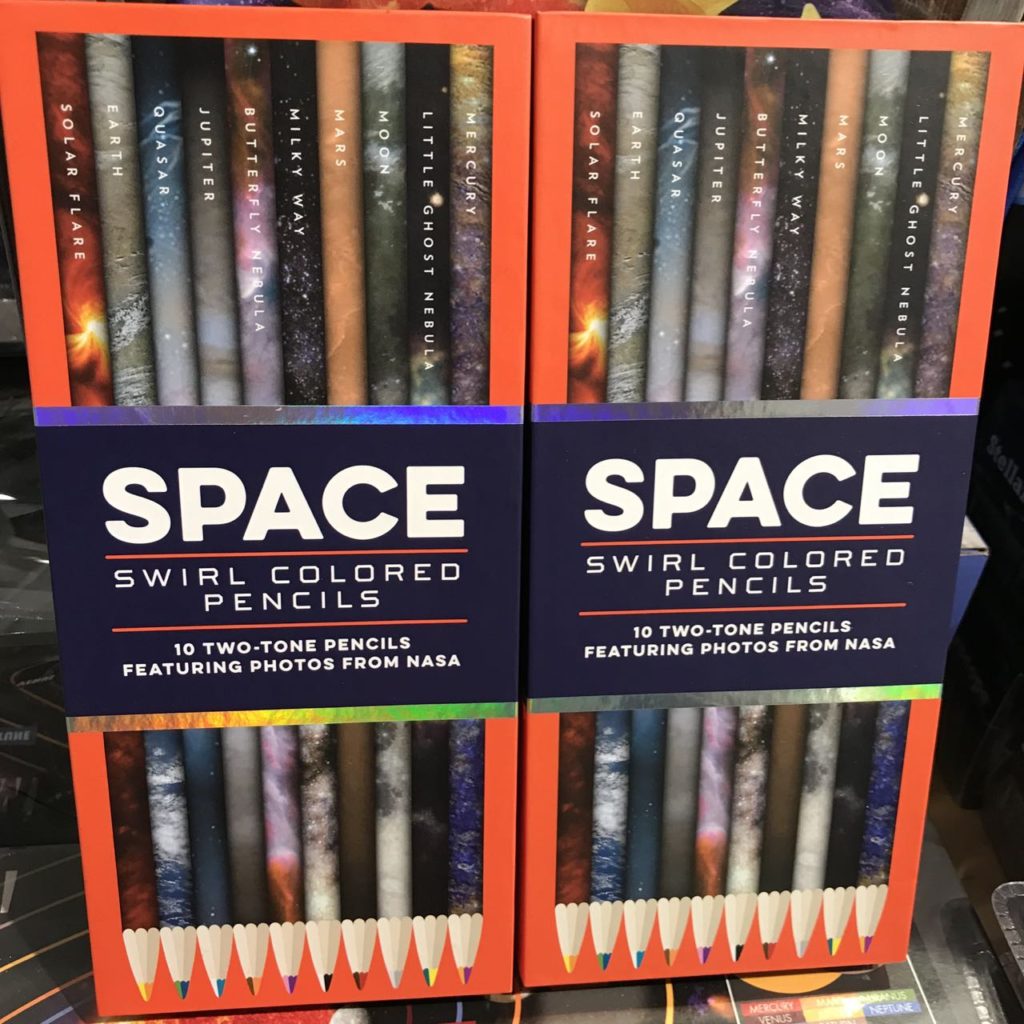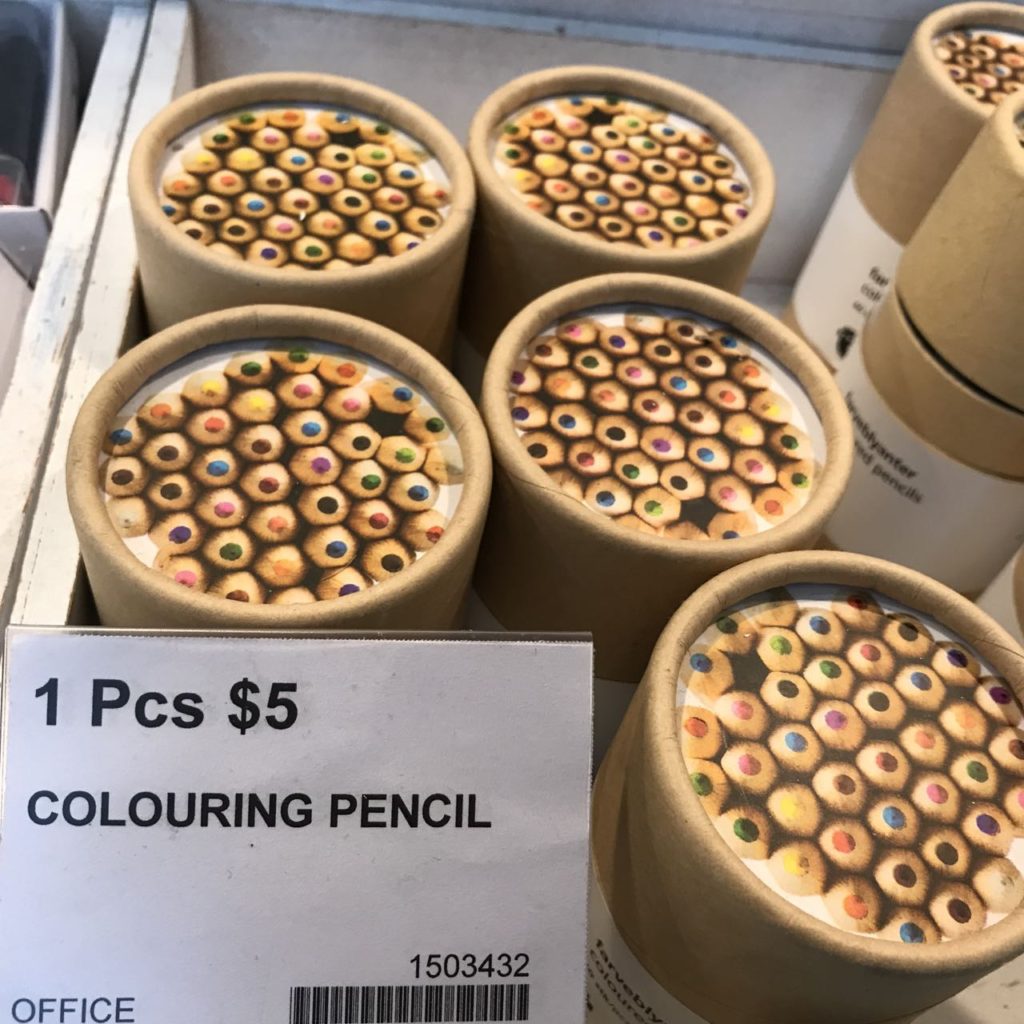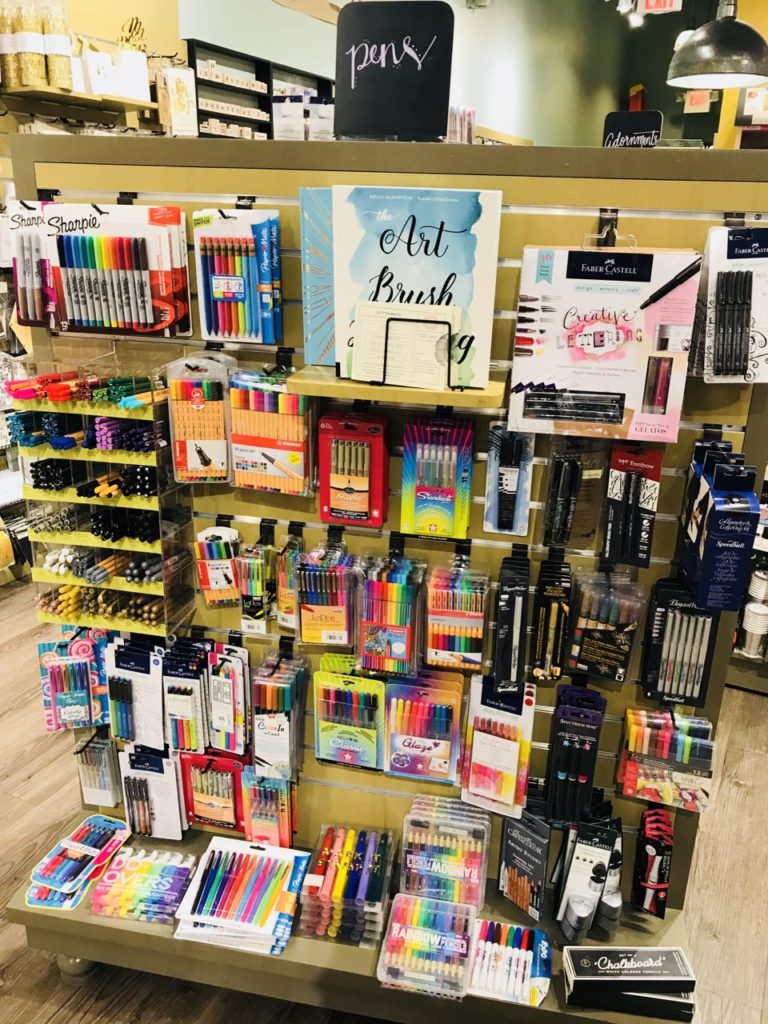Big news in this press release from ALNA today:
Australia, 27 March 2018: The lotto and keno betting industry will cease to exist under a new proposed amendment to the Interactive Gambling Bill, meaning the closure of dangerous sites like Lottoland and Planet Lottery – a move welcomed by the Australian Lottery and Newsagents Association.
The news comes as a relief to the Australian Lottery and Newsagents Association (ALNA), which has long held serious concerns about the ethical conduct, high consumer risks, damage to Australian businesses, and dodgy structures of these schemes.
Adam Joy, CEO of the Australian Lottery and Newsagents Association said, “We are pleased to see this loophole being addressed on a national level. The best kind of consumer protection from synthetic lotteries is to not allow it in our country. The model encourages problem gambling, promotes high risk spending, and is misleading regarding the winnings available. And it also comes at a significant cost to state taxes, and to local family-run small businesses – that employ locally, pay Australian taxes and support the local community.”
Betting on the outcome of lotteries is already not an approved betting contingency in South Australia, so lotto betting schemes cannot accept bets there. The UK government has recently moved to close further loopholes in their Gambling Act, to ensure betting on lottery outcomes is prohibited. And now this proposed amendment will see decisive national action to prohibit these types of businesses in Australia.
Joy added, “We are talking about websites, like Lottoland, that send bets overseas and have a history of being misleading, preferring token gestures over responsible behaviour, of targeting Australian businesses, of illegally misusing trademarks of other businesses and facing legal action. They operate on the methodology that it is easier to beg for forgiveness than to do the right thing from the start.
“And they do all this while operating outside of the much tighter regulations, consumer protections, and higher taxes that official regulated lotteries adhere to. This is why amending the Interactive Gambling Act is the only sensible way forward.
“This will be welcomed news for the consumers who have been misled by these online schemes, the community that have been concerned about the impact on state tax revenues, and the more than 4,000 small businesses and their 15,000+ employees that are regulated lottery retailers.”
One of the most concerning aspects of the synthetic lottery model is its introduction of instant and repetitive behaviours that have been proven to be high risk for addiction and encouraging of irresponsible gambling behaviours: “The same features of pokies that make it high risk and dangerous, are being applied to online betting. All the while, using the low harm product of lotteries as the bait to then switch Australian consumers over to high harm gambling.
“The Federal Interactive Gambling Act already makes it illegal to sell a scratchy online and play a poker machine online, and the federal government moved last year to further strengthen the act with an amendment to ban online in-play betting on sports and banning credit betting, as well as making it illegal for unlicensed operators to offer online poker. We are pleased that they are now closing a further loophole in the Act by banning online betting on all lottery and keno outcomes,” explained Joy.
The ALNA has objected to the financial implications of these online betting sites, like Lottoland and Planet Lottery. Based offshore and licensed in the Northern Territory as sports bookmakers, the schemes avoid paying any gambling tax and have no obligation to support the consumers they may hurt with their encouragement of high harm behaviour. And in the case of Lottoland, a Point of Consumption Tax for all synthetic lottery sales would be contributing less than 1% compared to official lotteries.
The ALNA questions if the current licence for these sites can manage the risks that come with the type of complex layered financial hedging that they operate on.
The other concerning financial implication of lotto betting has been that consumers can walk away with significantly less than what was initially promoted or than they had understandably expected if they won.
Joy added, “State Governments have been voicing concerns that lotto and keno betting sites are hurting state tax revenue collections that impact community services that pay for schools, hospitals, roads and other important infrastructure.
“These schemes are also hurting newsagents and other lottery retailers across Australia who are mostly mum and dad operators and have their houses on the line as collateral for their businesses. And because they are bound by tight regulations that provide consumer protections, they are open to having their customers hijacked.”
On behalf Australia’s lottery and news agents, the ALNA greatly appreciates the Coalition Government’s strong support and decisive action on this issue, and would also like to recognise the important role of Senator Pauline Hanson and the One Nation Party in leading this initiative with the government.
– ENDS –
What is the difference between lotto betting and official regulated lotteries:
Lotto betting sites are wagering websites that sends bets overseas, with customers betting on the outcome of lotteries. More colloquially known as lotto bets (synthetic/fake lotteries), these online-only bookmakers are different to official regulated lottery draws.
They do not offer tickets in a draw, rather they draw from regulated lottery businesses and offer bets on lottery outcomes, relying on complex insurance linked securities to pay any winners (there has only been one million-dollar prize recipient, compared to official lottery’s 253 millionaires in 2016).
Real lotteries generate billions in state lottery taxes to pay for schools, hospitals, roads and other important infrastructure.
About the Australian Lottery and Newsagents’ Association (ALNA)
The Australian Lottery and Newsagents’ Association (ALNA) is the only national and non-profit, industry body specifically for Australian newsagents and lottery agents. Representing a significant part of the Australian economy, ALNA works tirelessly to better its members businesses, and to ensure a secure future for newsagents and lottery agents.
About Adam Joy, Chief Executive Officer, ALNA
Adam Joy is the Chief Executive Officer of the Australian Lottery and Newsagents’ Association (ALNA). He has held senior roles at ALNA for almost a decade.
Adam is an experienced senior executive and board director in commercial, advocacy and non-profit organisations. Previously, he worked in business process outsourcing, petrol and convenience, FMCG, QSR and marketing organisations.
Adam holds a Masters in Leadership and is a member of the Australian Institute of Company Directors.

